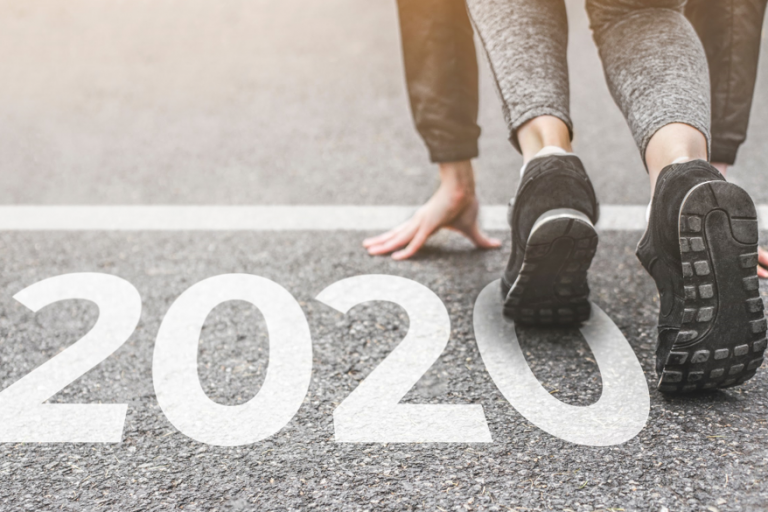Health

Makovsky
Friday, February 20, 2015Perception is a powerful and elusive mechanism. Unlike hard science based on clinical rigor and definitive proof, perception is the interpretation of information shaped by personal experience and social frameworks. Therefore, it does not necessarily retain the same meaning for every person. The role of perception in healthcare is critically important as it can potentially affect – and even jeopardize – the entire model of care. The recent measles outbreak demonstrates this reality, beginning with a group of unvaccinated people who visited California’s Disneyland in December and now spreading to 121 people. This case study shows that scientific validation holds little value in a vacuum, and must achieve public buy-in to improve behaviors and adherence. According to research, the key to solving the measles outbreak and prevent other epidemics like it could be simple and yet often overlooked: pairing science with the right influencer to educate the patients who are making treatment decisions.
Despite readily available vaccines and multiple studies proving efficacy and safety – including data showing that there is no link between vaccines and autism – many remain concerned about risks and opt against vaccinations. While every state requires vaccinations, each state also allows exemptions. At the center of the current outbreak, California allows exemptions for medical reasons and personal beliefs. During the last school year, 3.3% of California kindergartners — about 18,200 — were unvaccinated, according to the Centers for Disease Control and Prevention. The vast majority of exemptions were tied to personal beliefs, which researchers have attributed to “a spigot of unscientific antivaccine material distributed over the Internet and elsewhere” that has spread misinformation and fear. This brings us to a critical question impacting public health: who or what can serve as a positive influencer to encourage behavior changes that improve personal health care?
A March 2014 study published in Pediatrics found that pediatricians can be more influential on parents than public health messages. The study also demonstrated that scientific evidence alone debunking the link between vaccines and autism and other informational materials posted on the CDC website didn’t increase a parent’s intent to vaccinate – and in some cases actually increased their intent not to vaccinate their children. In the age of high science and “virtual” doctor visits, the interpersonal aspect of healthcare is often neglected and undervalued. However, these front-line health care providers have an ongoing relationship and role in these patients’ lives that allows them to engage in a way that a static informational website cannot. It is these providers who have earned patients’ personal trust and a place at the table during their treatment decisions that enables them to educate and encourage positive behaviors.
Perception might change slowly, but any incremental upward shift in the vaccination rates for measles is a step forward. Scientific discovery continues to offer new solutions but holds little power alone. Change requires a catalyst and in the case of public health, it’s the unique and irreplaceable human element, which brings high science to the personal purview and ultimately improves outcomes for all.
-Kasey Rankin











